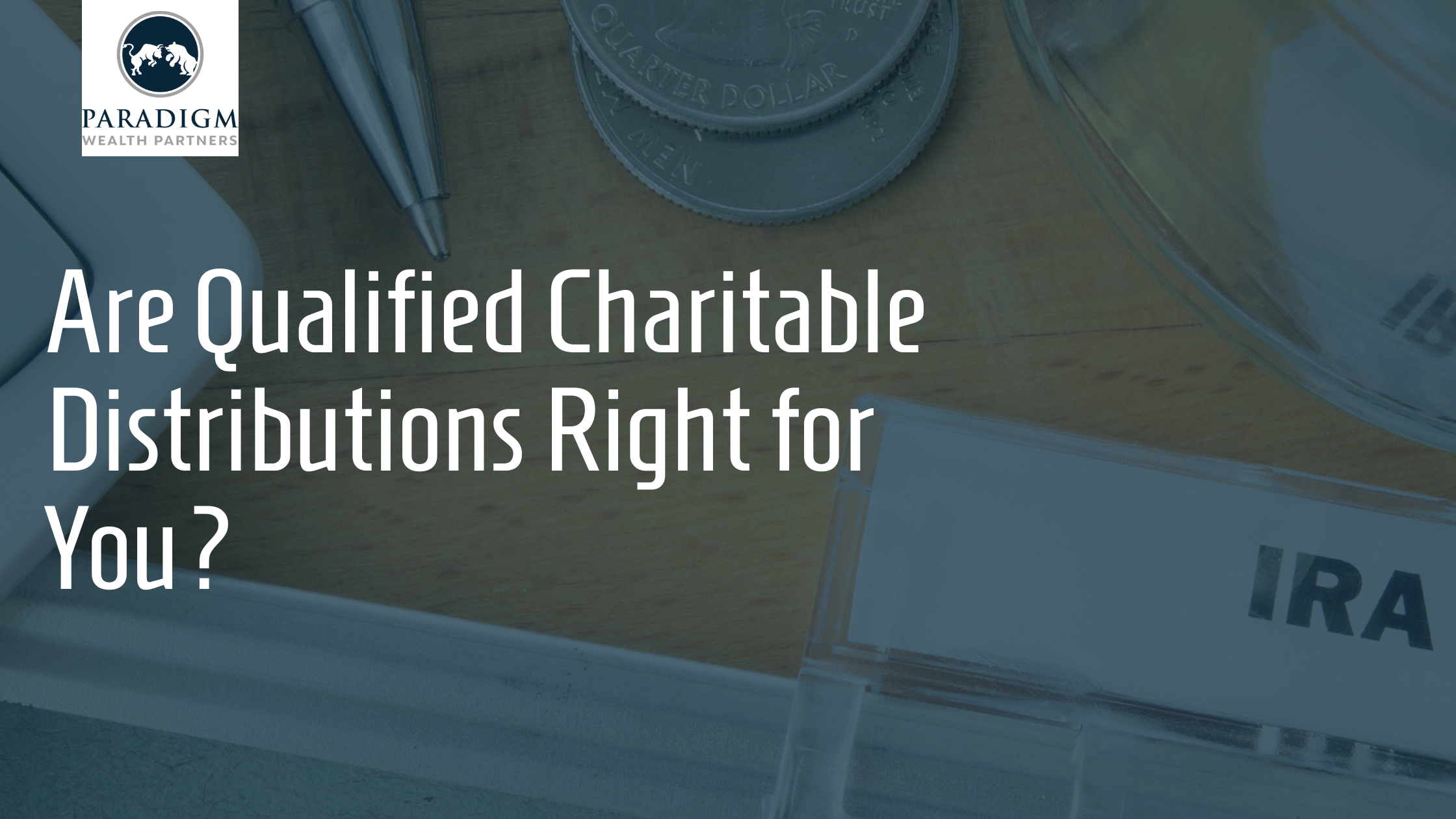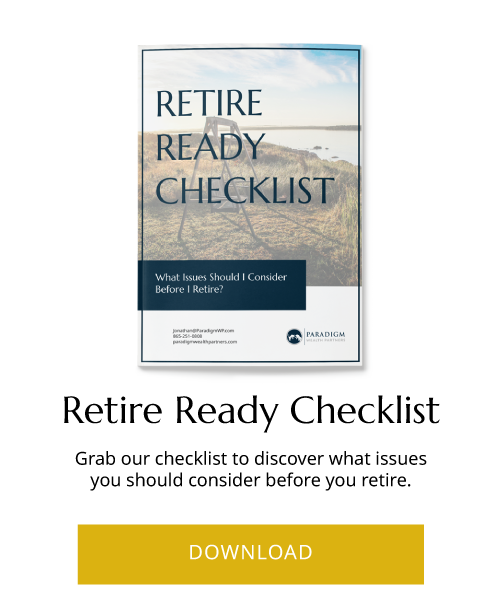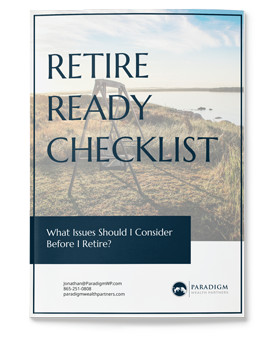Are Qualified Charitable Distributions Right for You?
It’s always great when you find a tool that can do two jobs at once. Do you want to save on taxes? Is charitable giving one of your core values? If you answered “Yes” to both questions, I’ll explain what qualified charitable distributions (QCDs) are and outline the pros and cons so you can decide if they should be part of your financial plan.
What is a Qualified Charitable Distribution?
Qualified charitable distributions (QCD) are a way to make tax-free donations to qualifying charities and have that money count towards your annual required minimum distributions (RMD). Those aged 70½ or older can make tax-free QCDs up to $100,000 each year from their IRAs.
The donated money is classified as a direct transfer, allowing the contribution to avoid being taxed. The custodian of your IRA can send a check directly to the charity or provide you with a check made payable to the charity if you’d like to deliver the donation yourself.
Those aged 70½ or older and those who have inherited IRAs must take RMDs, which are taxable, but the QCD allows you to reduce taxable income through a distribution that would otherwise be taxed.
Qualifying Charities
In order to qualify for a QCD, the charity must be recognized by the IRS as a 501(c)(3) organization. You can look for qualifying charities with the IRS tax-exempt organization search tool here. Your QCD must be made by December 31st of the respective tax year to count toward your annual RMD.
Not all entities that participate in charitable giving qualify for a QCD, including:
- Donor-advised funds
- Private foundations
- Supporting organizations, those that support qualifying charities but do not have 501(c)(3) status themselves
Eligible IRAs
A QCD can be donated to any qualifying charity from the following types of IRAs:
- Traditional IRA
- Inherited IRA
- SEP IRA
- SIMPLE IRA
Pros of a QCD
QCDs can be a great financial tool. These are some of the reasons to consider a QCD:
Charitable giving: If you want to use your money to buy some happiness, giving to charity is one of the best ways to do so.
Tax benefits: QCDs lower your adjusted gross income (AGI), which can help offset other taxes, including Social Security, while satisfying your RMD requirement. The reduction in AGI can help move you into a lower tax bracket, and for those on Medicare, this can lower the cost of your Medicare Part B premiums.
Cons of a QCD
Really, the cons of a QCD have nothing to do with QCDs themselves:
- Not available to everyone: Only those aged 70½ and older can make QCDs.
- Contribution limits: The maximum QCD is $100,000 per year.
Are QCDs Right For You?
QCDs are a great way to provide for the charitable causes you care about and provide some exciting tax benefits for yourself. If you have questions about how QCDs might fit into your financial plan, I’m here to help.
Paradigm Wealth Partners and LPL Financial do not provide tax advice. Clients should consult with their personal tax advisors regarding the tax consequences of investing.
1-05339174



